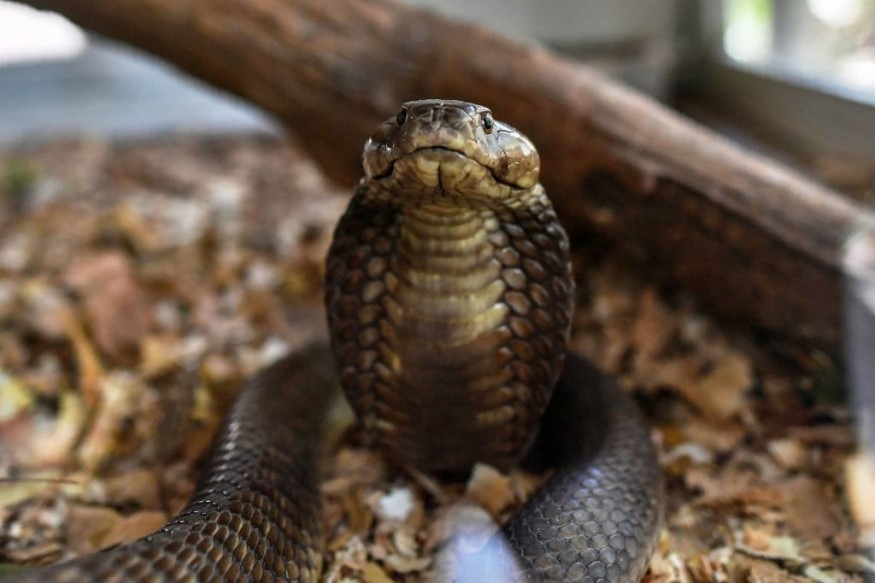Local police of Charles County, Maryland received a report on January 19th, that a neighbor was lying unconscious in his home where he lived alone. The 49-year-old Maryland man identified as David Riston of Pomfret was pronounced dead at the scene.
While the investigation is ongoing, a local news report said that authorities found more than 120 snakes in David's home at the time of his death, most of them were venomous species and illegal to keep.
An autopsy is being held at a Chief Medical Examiner's office in Baltimore but might not be available for weeks. Locals are questioning whether the man's death was from natural cause or if the culprit was his venomous snakes.
Maryland's Snake Keeper

County spokesperson Jennifer Harris Field and Stream that the man was permitted to breed and sell non-venomous snakes. However, he was not permitted to keep venomous snakes, which accounted for nearly three-fourths of the species identified in his home, including many native to Asia and Africa.
County's animal control chief Ed Tucker also told the news website that among the venomous collection were species of puff adders, green mambas, several types of vipers (Gaboon, Chinese mountain, pointed scale, horned, African bush, and sawscale), and a host of rattlesnake species (western diamondback, Mohave, western massasauga, banded-rock, and more). Thirty cobras, among them Egyptian, spitting, and forest varieties, were also identified.
Meanwhile, the nonvenomous species listed were rat snakes, pythons, and boas.
"There were a lot of poisonous snakes there," says Tucker, "more than I've ever dealt with. It was an eye-opening, learning experience. Spitting cobras do spit. I saw that firsthand."
"The home was set up meticulously for the care of the snakes," Harris says. "Tanks were on racks in rooms set up with different temperature controls for the various species of snakes he had."
According to snake handling professionals who assisted in the recovery and redistribution, the man was thorough and taking good care of the snakes. "He knew what he was doing," Harris added.
Exotic Venomous Snakes in Maryland
According to Sheriff's Office officials, a few reviews of federal cases related to exotic species of wildlife, including snakes, could show how some of the exotic venomous snakes found their way to Maryland.
According to Our Community Now (OCN), anyone in Maryland who possesses more than four snakes or reptiles is required to get a snake handler's permit from the Maryland Department of Natural Resources. In fact, there is a federal, state, and foreign law that charges reptile dealers shipping certain exotic animals that are not harmless. According to the Virginia Herpetological Society, the illegal trade in wildlife is a $20 billion-per-year global problem that involves some 7,000 species.
As for the Maryland snake-keeper, Tucker says keeping illegal, venomous snakes presents a potential public-safety hazard. "One of the biggest concerns is that if this home had caught on fire or if the homeowner became incapacitated, as he did, first responders wouldn't know what to expect," Tucker says.
"There is also the concern about venomous snakes being loose in the house."
© 2025 NatureWorldNews.com All rights reserved. Do not reproduce without permission.





